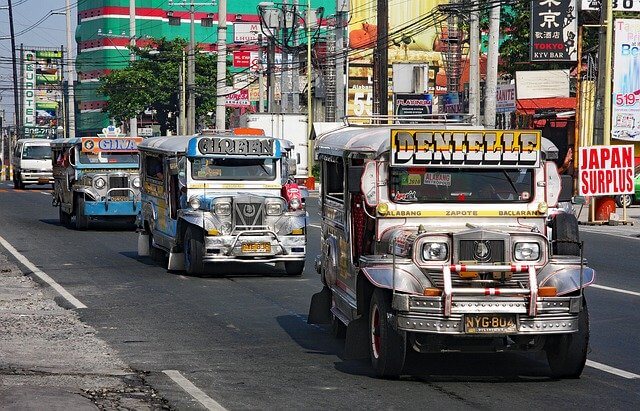How Southeast Asia countries should exploit China’s offshore gambling
In the past, one of the main reasons that pushed Cambodia ’s largest seaport city – Sihanoukville, to continue to expand the online gambling industry was that it brought huge taxes to the country and spurred local economic development. Although it was economically rewarded, but the large numbers Of China employees moved into the city have led to a surge in crimes such as murders, kidnappings and extortion, which has caused the city with high crime rates. Even illegal activities such as child labor and money laundering have occurred in local casinos. The increase of the number of China people involved in conflict events which related to gambling has severely affected Cambodia’s national security, public order and social order.

In response, the country ’s Prime Minister Hun Sen issued a ban in response to the request of the China government. Since January 1, 2020, all online gambling activities have become illegal. The implementation of the online gambling ban has also significantly reduced investment from abroad, but China government has promised to provide financial support and compensation to Cambodia. From a socio-economic point of view, Cambodia may adhere to regulate the market with limited conditions, rather than completely eliminating China’s offshore gaming activities. It may be possible to formulate stricter regulations for offshore gambling operators and online casino operators to reduce the occurrence of related criminal activities. Not only that, the government can also monitor the operation of the industry through more law enforcement officers to prevent money laundering, bribery, corruption and collusion between officials and business operators.
Apart from Cambodia, Philippines is another country that is actively developing offshore gambling industry. According to statistics, as of April 2019, it is estimated that more than 130,000 China citizens have obtained work permits of the Chinese gambling industry. Of course, one of the results of the vigorous development of the gambling industry is that more criminal activities related to gaming are derived, including: the kidnapping cases of China citizens as criminals. According to media quotes from the Philippine’s PNP akg, there are two to three cases of kidnappings involving China citizens in Manila each day. Although negative news such as crime, corruption, and fraud continue to spread, the country ’s President Rodrigo Duterte has still expressed his support for the industry ’s continued development. He also emphasized the importance of the POGOs industry to the country’s economy.
Not long ago, the scandal of the Philippines’s POGOs industry was bribed with the country ’s airports and customs to facilitate the immigration of China citizens. In this regard, the government of the country also emphasized that they will strengthen the inspection of immigrants in the future to ensure that all China citizens entering the country hold valid working permits. By restricting the scale and activities of the offshore gambling industry, the country will be able to obtain substantial economic income from related expenses and taxes, and create a considerable number of local employment opportunities, and promote the growth of basic livelihood needs such as real estate and catering industry. To sum up the above, in terms of promoting the economic development of Southeast Asian countries, strict regulation and supervision should be adopted for gambling activities outside China, rather than shutting them down entirely. Because, it is likely that related activities will be turned into under-table development, which will lead to problems that are difficult to control.




